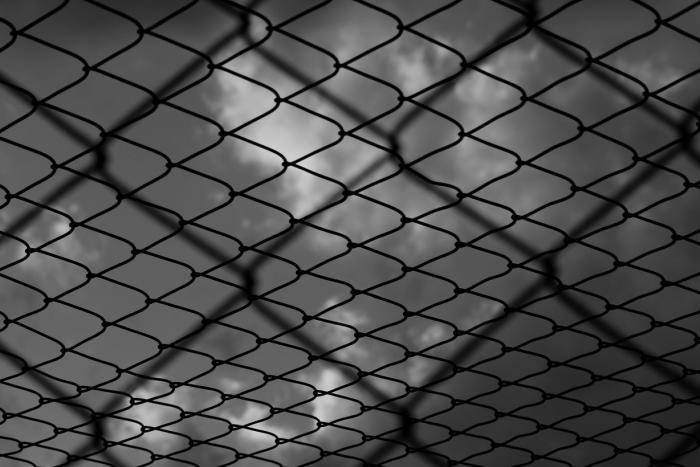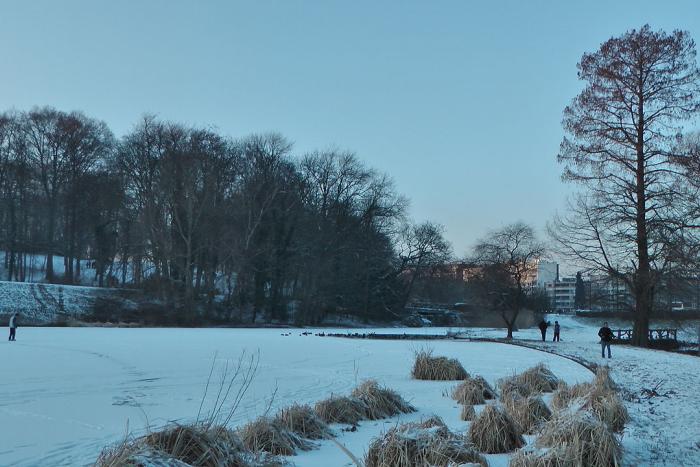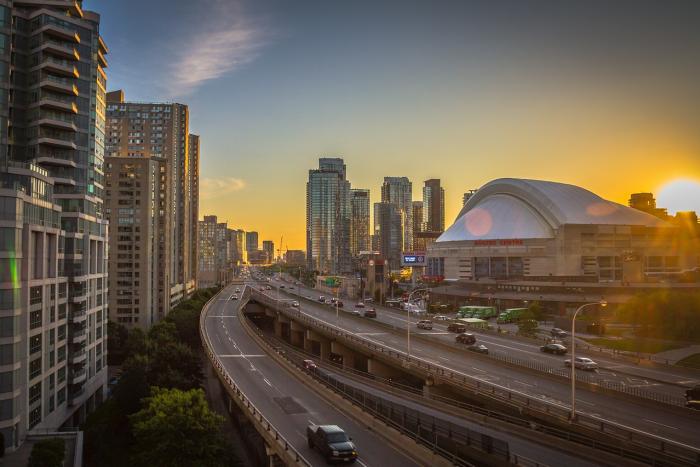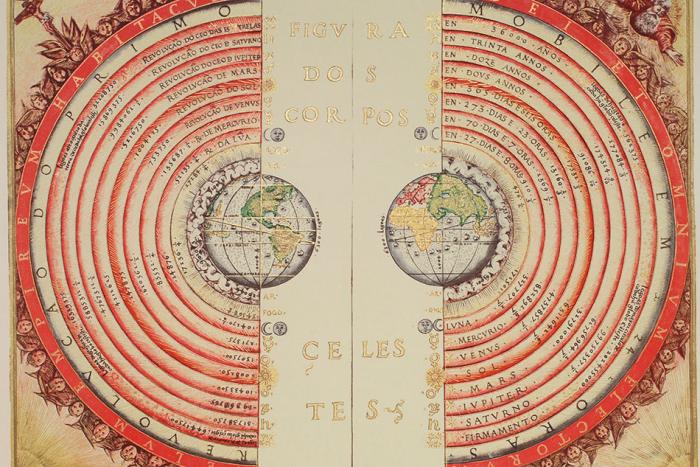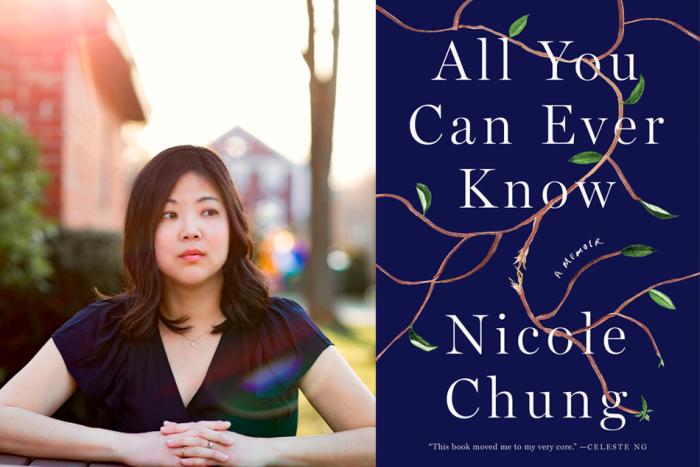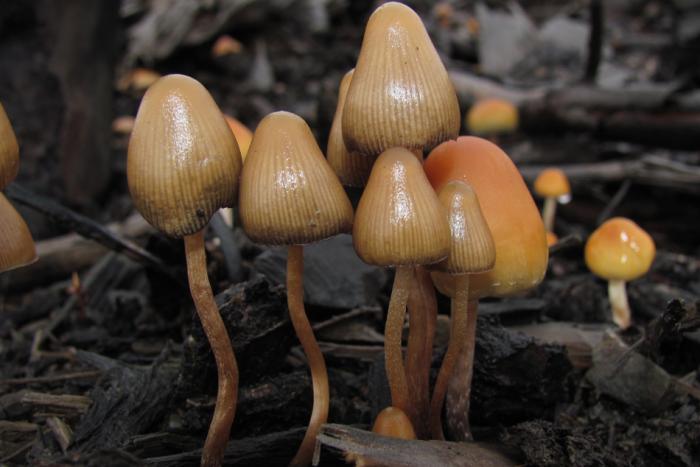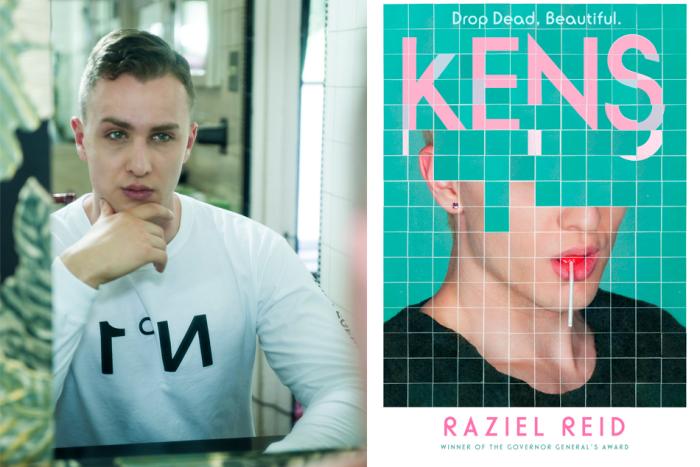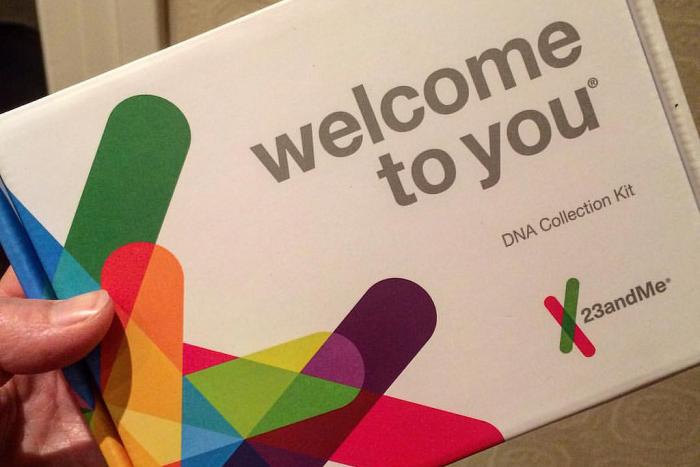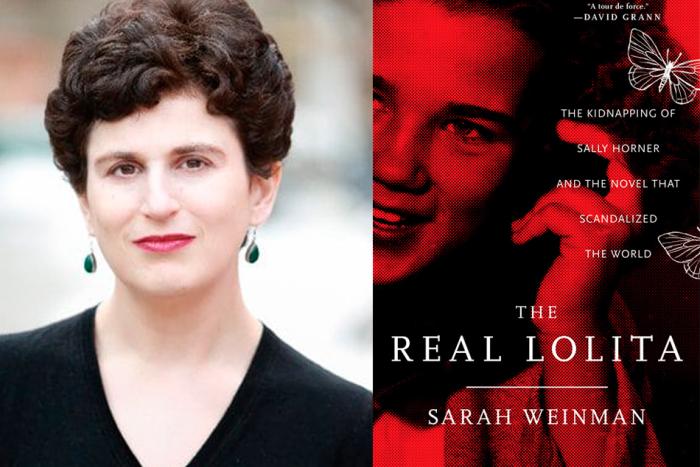Searching for empathy with those society deems unforgivable.
Readings
The Latest
Like so many German Jews, my Nana's family was late to leave the country when Hitler came to power. They thought antisemitism was a relic of the past.
Finding myself in a sport that always felt connected to my father's rage and regret.
On the shared origins of two seemingly incongruent disciplines and the language we use to explain our place in the universe.
The author of All You Can Ever Know on family secrets, nature versus nurture, and Kristi Yamaguchi.
Despite decades of contributions to psychedelic science, women have long been marginalized in the field. That's starting to change.
The author of Kens on the power of satire, rituals of rejection, and imagining Christian Slater.
I don’t want to test my children for genetic illness to subvert their autonomy, but to allow them to fully exert it. And though I have the means, I can't quite find the will.
The author of The Real Lolita on doppelgangers, the responsibilities of true crime reporting and fictionalizing people's pain.
Pagination
- Previous page
- Page 44
- Next page

